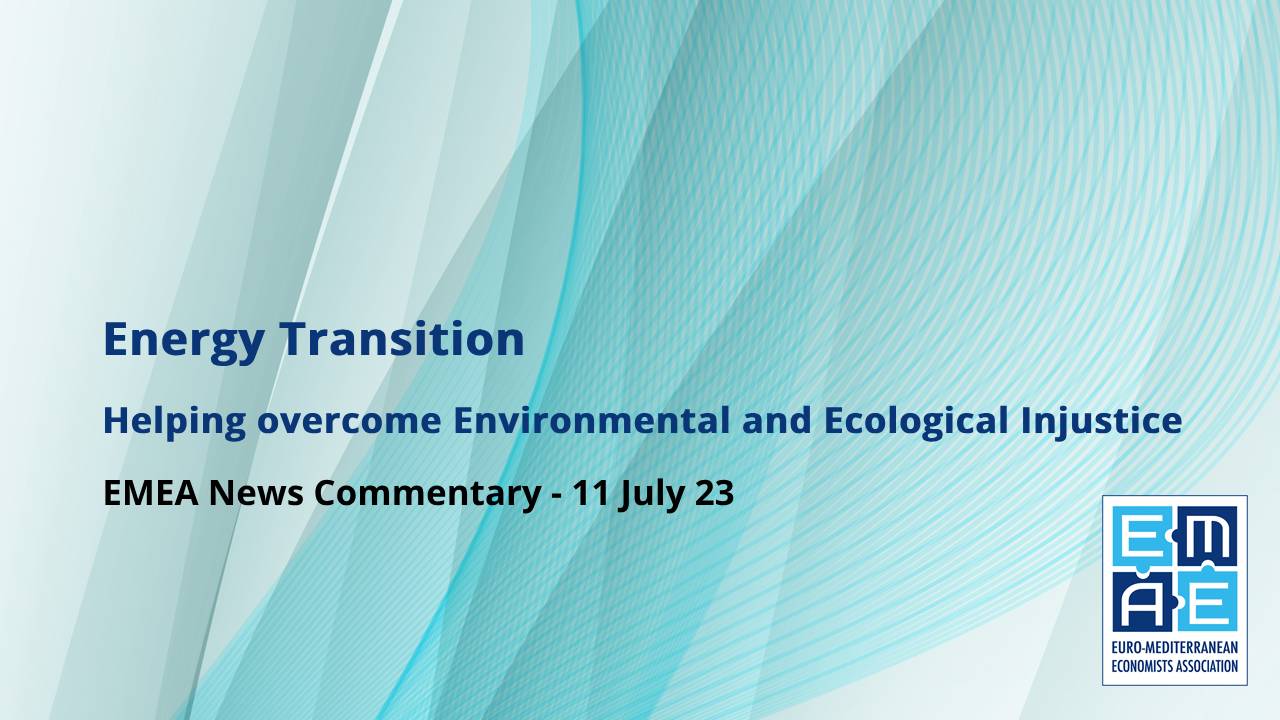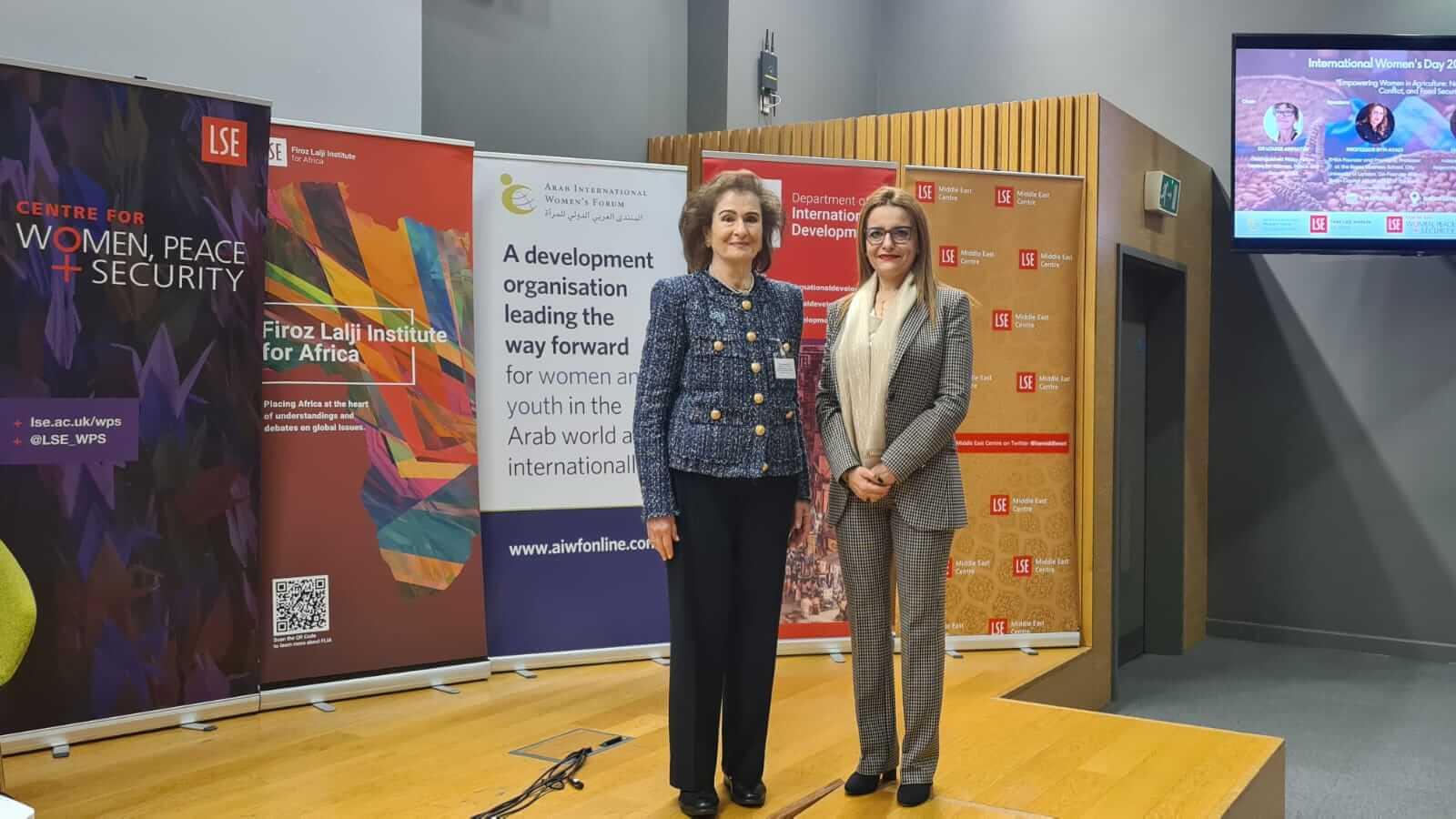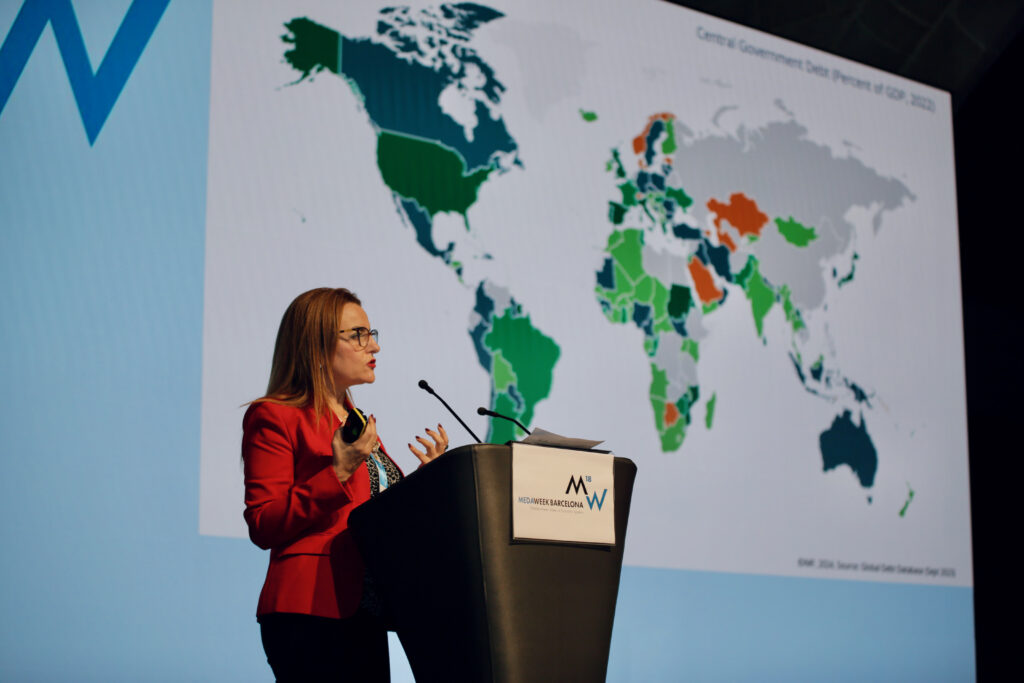What lies at the heart of the climate and biodiversity crises? The answer is inequality, according to EDP, the leading multi-national energy transition to renewables company.
In an article published in the Financial Times, the EDP stance is that due to centuries of exploitation, the planet’s ecological balance is on the brink of collapse – with those who are the least guilty of creating the problems, facing the greatest fall-out from a warming planet and the destruction of nature.
- The top 10 energy emitters churn out half of all greenhouse gases.
- Only 12 per cent of emissions are attributed to the bottom 50 per cent of producers.
- Small island developing states will be most impacted by rising sea levels and weather extremes. Yet their GHG contribution is less than 1%.
- Poorer women and children are 14 times more likely to perish and comprise the largest number of those displaced by climate-related disasters.
According to Vera Pinto Pereira, Executive Board Member and Foundation President at EDP, 750 million people worldwide lack access to energy, “which makes it essential that this energy transition should be conducted in a fair and inclusive manner. Access to basic resources for subsistence must be prioritised on the global agenda,” she said.
Reducing the environmental injustice gap between the rich north and the poor south should now be the primary focus. Policies and actions need to be equitably allocated by those leading the way in energy transition. The fear being that if this doesn’t happen, even greater inequality will result. And net zero targets will create more division, according to the article.
Unpalatable decisions
Meanwhile, with dwindling resources and what appears to be a full-blown climate crisis on our hands, policy makers and finance ministers across the developing world are having to face up to some fairly unpalatable decisions, according to the Economist.
What is the best use of scarce money in a developing country, it asks. Spending limited dollars on tackling acute poverty straight away – or doing your country’s bit to stop baking the planet? It’s the dilemma between being poorer today or hotter tomorrow. What’s the priority – controlling infectious diseases or using clean energy to make farmland more productive?
The article says colossal amounts of money are needed to turn poorer countries green. But it could be money well spent if, as forecast, the majority of carbon emissions by 2030 will actually be spewing out of the developing world – with diminishing amounts coming from the developed world. However, a London School of Economics think tank says poor countries will need to spend $2.8 trn a year to reduce emissions and protect their economies against climate change. But they’ll also need $3 trn a year on poverty-tackling measures, like better healthcare and education.
The problem is no one is currently getting anywhere near these figures. Targets have consistently been missed.
Meanwhile, according to IP Quarterly, the EU needs to wake up and smell the coffee and fundamentally change its attitude towards developing countries. Western policymakers, as well as think-tankers, academics and journalists continue to have a West-centric and Euro-centric view of the world.
For too long, European policymakers have looked at Asian, African and Latin American countries as largely irrelevant and to be manipulated, who are just useful suppliers of raw materials.
Now the Global South has more traction with the West – especially since China and Russia are cosier than ever. Poorer nations are now very much on the international agenda.
Courted at the G7 Summit in Hiroshima, Global South leaders aren’t being easily flattered. They are becoming more sceptical of the West when it comes to matters of rising debt, food, healthcare – and climate justice in the face of a mounting energy crisis.
According to IP Quarterly: “Europe needs to adjust and adapt its foreign, trade and development policies—as well as its public diplomacy outreach—to life in a transformed and increasingly complicated multipolar or post-unipolar world.”
Despite providing multiple cooperation agreements and spending plenty on development projects in poorer countries, the EU is criticised for spending little time listening and responding to demands from the Global South. Examples include multilateral agency reform, faster implementation of the UN Sustainable Development Goals and eliminating global inequalities.
There is a requirement for change, says the article. The EU is seen as “hypocritical, self-serving and post-colonial”.
Like it or not, the Global South is a geopolitical and increasingly influential reality and the EU needs to do more to improve relationships with it. The EU must understand that we live in a multi-polar world – especially pertinent, given the way that China now increasingly regards itself as the champion of Global South interests.
Nevertheless, the publication recognises that the EU is well placed and has the expertise to adapt and adjust to these global transformations. Europe can thrive in a multipolar world – as long as it truly engages with developing countries.
One good example of this would be the globalisation of the EU Green Deal, although European diplomats have been warned by Global South politicians, such as Indonesian President Joko Widodo, that there is an EU contradiction between its stated goal of establishing equal ties with nations, when it operates restrictive environmental and trade policies.
Humans and nature: the case for ecological justice (ft.com)
The choice between a poorer today and a hotter tomorrow (economist.com)
The Global South Is a Geopolitical Reality | Internationale Politik Quarterly (ip-quarterly.com)





